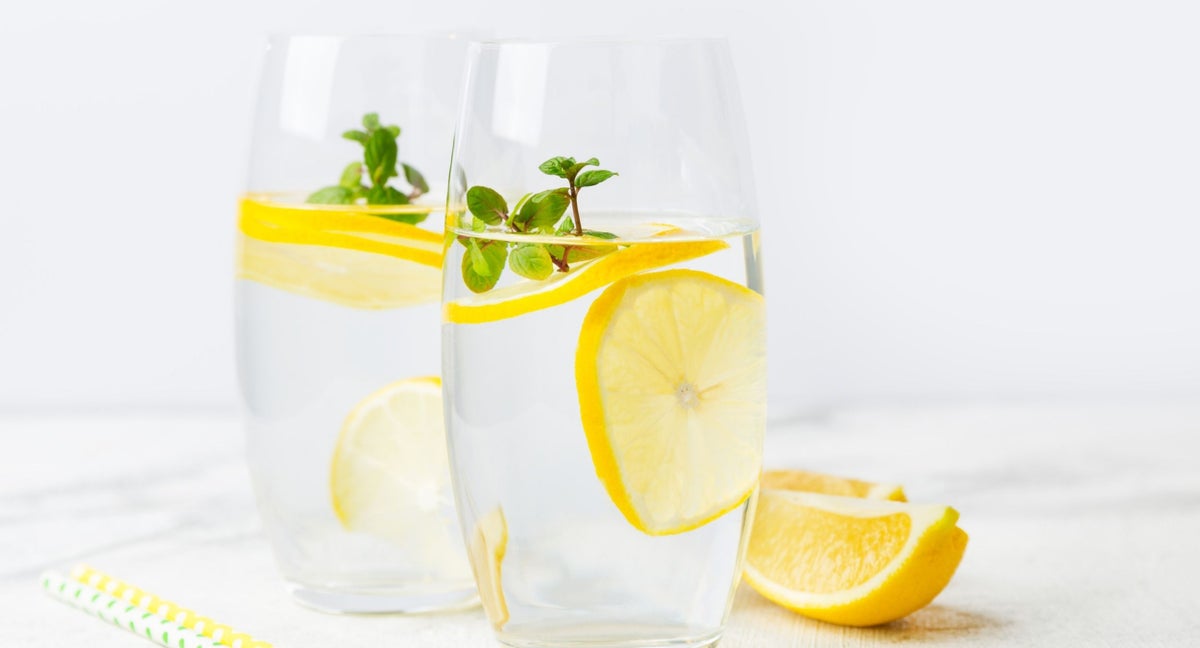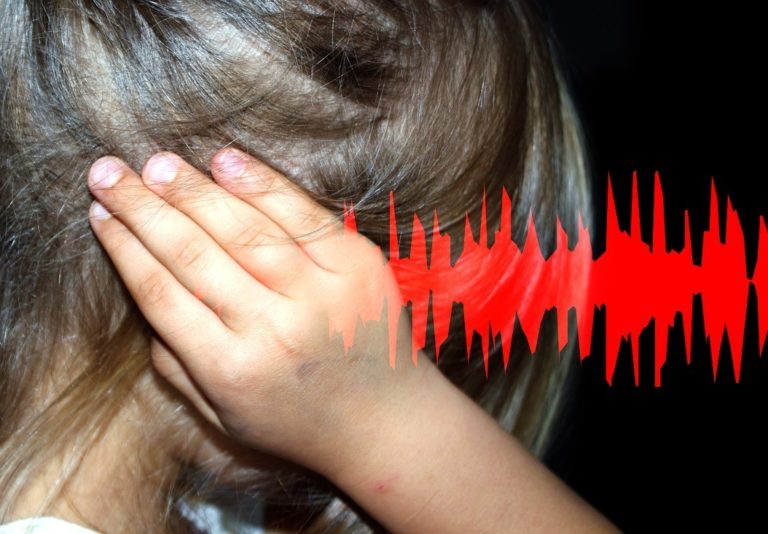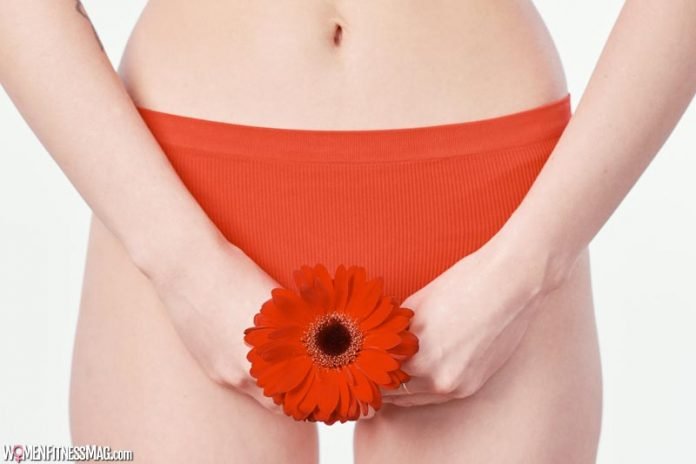
7 Dry January Don’ts, According to Health Pros

Get access to everything we publish when you
sign up for Outside+.
January usually comes with a slew of health goals that we intend to carry into the new year. One of those, for many, is what’s come to be known as “Dry January,” essentially a commitment to give up alcohol completely for the 31 days in the first month of the year. This sobriety challenge, which got its start in England close to a decade ago, has been catching on in the U.S., with an estimated 1 in 7 Americans participating in 2021, per survey results from YouGov America.
This self-imposed challenge not only helps curb the excessive drinking habits of social drinkers, but it also can help certain individuals who may have undiagnosed alcohol issues try to kick their habit. For these reasons especially, most health experts are on board with the concept of Dry January. “There’s no denying the fact that taking a month off from alcohol has a positive impact on your health, including your blood sugar levels, blood pressure, liver health and also weight loss,” explains Lianna Nielsen, London-based integrative nutrition health coach.
Plenty of research, including one recent study published in the journal Personality and Individual Differences, has shown a direct link between alcohol use and increased anxiety, specifically social anxiety — something researchers dubbed as “hangxiety.” Another study published in ISRN Psychiatry, which followed 188 participants in a six-month community-based detoxification program, found a 63.8 percent prevalence of depression before treatment compared to a 30.2 percent prevalence post-treatment.
While Dry January can be beneficial for most, there are some circumstances in which it can be a moot experience. “Simply avoiding a habit, like drinking alcohol, for a month doesn’t address any issues you may have with it, as this avoidance simply ignores any underlying issues you may or may not have,” explains Roger E. Adams, Ph.D., doctor of nutrition and owner of eatrightfitness. “If alcohol is something more than a simple enjoyment, Dry January should be spent re-evaluating your relationship with alcohol and figuring out how or if it should continue to be a part of your life.”
If you’re planning to participate in Dry January, you’re probably hoping to do it successfully. Here, experts share some of the “don’ts” you should avoid along the way.
1. Don’t make it the topic of every conversation.
While it’s fine to share your not-drinking status with your close friends, family members and even close colleagues, try not to make it a focal point of every conversation. “Even if it’s the best thing you’ve ever done for yourself, you can only ever lead by example — people never want to be pressured into making changes,” Nielsen says. “The bigger deal you make of it also opens others up to challenge your decision, which could make it harder to stick to your commitment to yourself.”
2. Don’t become anti-social.
Just because you’re cutting out alcohol for a month doesn’t mean you have to forgo social events — even if there will be alcohol present. In fact, doing so comes with its perks, according to Nielsen. “Dry January can be a helpful awareness tool if you allow it to be, and that means living your life as you normally would,” she says. “Socialize, go to restaurants and parties, see what it’s actually like sober. It’s a wonderful opportunity to learn more about yourself.”
3. Don’t have “just one sip.”
Technically, one sip would break your Dry January streak, but functional nutritional therapy practitioner Tansy Rodgers, FNTP, also points out that it sets you up for temptation. “The first one or two bites of any food or drink are the absolute most delicious, so ‘just one sip’ is enough to trick the brain into thinking how delicious the drink may be, possibly leading you down a road of breaking your Dry January goal,” she says.
4. Don’t compensate for a lack of alcohol by indulging in unhealthy foods or drinks.
If your goal in participating in Dry January is to be healthier, which it likely is, try to maintain that goal throughout by avoiding other foods and beverages that are not healthy for you, like fried foods, sugary drinks, sodas or large amounts of fruit juice. “Eating sugar foods and drinks as well as heavy junk foods without abandon is a fast road to weight gain and other issues,” warns Josh Axe, DNM, CNS, DC, author of Ancient Remedies (Little, Brown Spark, 2021). “While it’s OK to substitute in some healthy drinks for alcohol, such as probiotic fizzy drinks or low-sugar mocktails, try to keep the amount of sweets and other comfort foods you’re consuming in check by keeping a food diary.”
5. Don’t neglect the other aspects of your health, such as sleep and exercise.
While cutting out alcohol is sure to help you feel better in many ways, Axe points out that it’s not a panacea for perfect health. “You still need to focus on sleeping enough, eating well, moving your body and taking care of yourself in other ways, such as by putting effort into your work and relationships,” he says. He recommends trying to look at participating in Dry January as a single component of a healthier lifestyle and to not let it be an excuse to neglect other aspects.
6. Don’t let the tension fester inside.
Many people drink alcohol as a way to “take the edge off,” so to speak, or relieve themselves from tension and stress. Without access to alcohol, you might initially feel these tensions rising, however. Rodgers suggests using this as an opportunity to find other outlets for relieving yourself of these stressors. She recommends mood journaling, seeing a therapist, and/or working with a health or life coach to help you push past the tensions and heal from a foundational level.
7. Don’t dive back into mindless drinking on February 1.
Sure, your commitment to Dry January technically ends on February 1, but health experts warn against picking up the drinking habit too quickly. “Try to take lessons you’ve learned from Dry January and carry them forward,” Axe advises. “Pay attention to why, where and when you’re drawn to drinking and see what changes you can make to keep your intake in control, such as by doing other things with friends for fun (like a fitness class) or other activities to help you relax (like meditating, reading or spending time outdoors).”
Published at Wed, 05 Jan 2022 10:01:26 -0800






